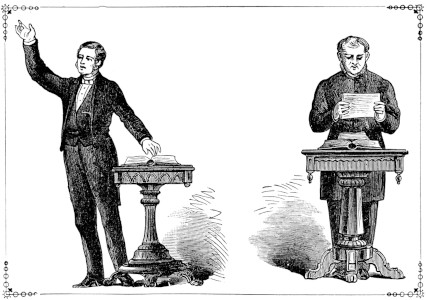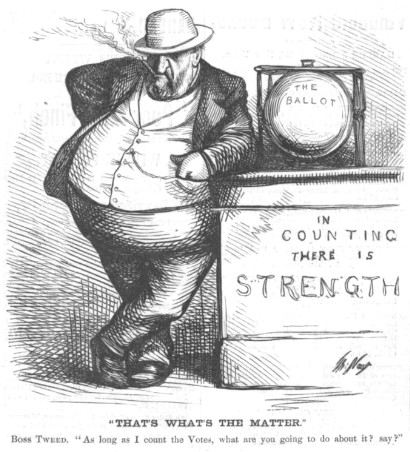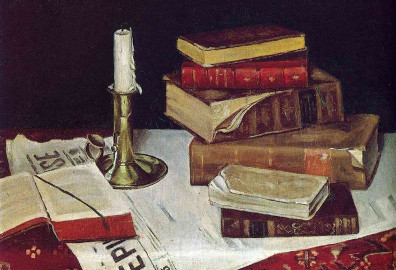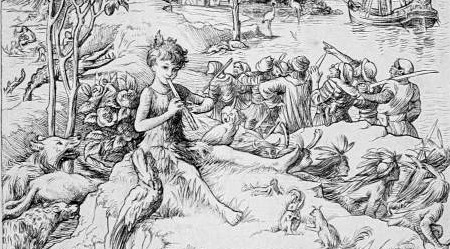Virginia Woolf? Apocryphal?

Question for Quote Investigator: Apparently, the prominent English writer Virginia Woolf thought that transmitting knowledge via lectures was a “vain and vicious system”. She also stated that lecturing was “an obsolete practice dating from the Middle Ages”. Would you please help me to find a citation?
Reply from Quote Investigator: Virginia Woolf published the book-length essay “Three Guineas” in 1938. She firmly expressed her disapproval of providing instruction by delivering a speech to an audience. Boldface added to excerpts by QI:1
If we are asked to lecture we can refuse to bolster up the vain and vicious system of lecturing by refusing to lecture.
Woolf elaborated on her point in the “Notes and References” section at the end of the book. She admitted that many subjects could only be taught with diagrams and personal demonstration. Yet, lectures upon English literature were unjustified:2
. . . it is an obsolete practice dating from the Middle Ages when books were scarce.
Further, Woolf contended that lecturing boosted undesirable psychological traits:
. . . eminence upon a platform encourages vanity and the desire to impose authority.
Also, the practice was inefficient for students and teachers:
. . . after the age of eighteen to continue to sip English literature through a straw, is a habit that seems to deserve the terms vain and vicious; which terms can justly be applied with greater force to those who pander to them.
Below are additional selected citations in chronological order.
Continue reading “Quote Origin: The Lecture Is an Obsolete Practice Dating From the Middle Ages When Books Were Scarce”




